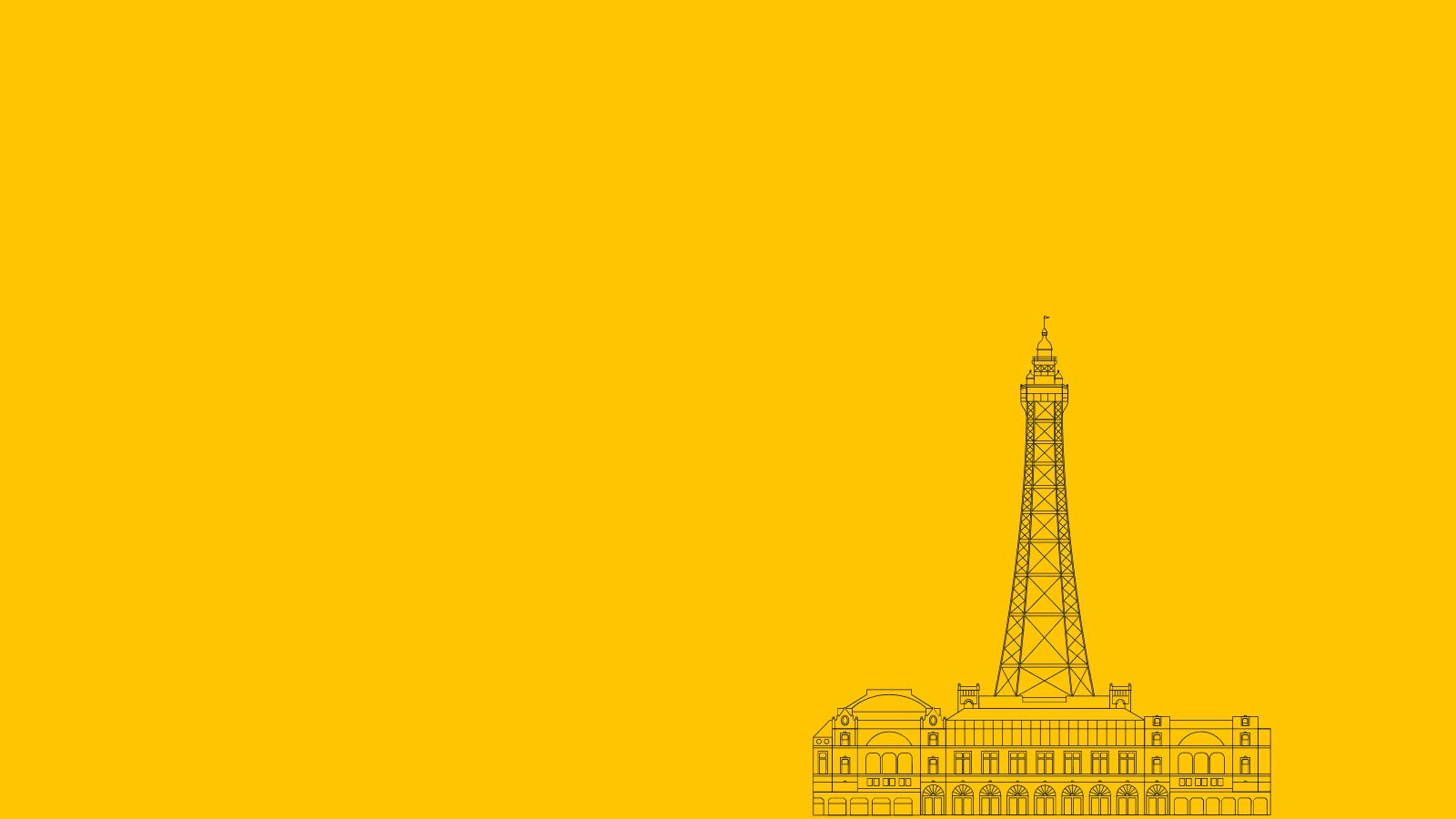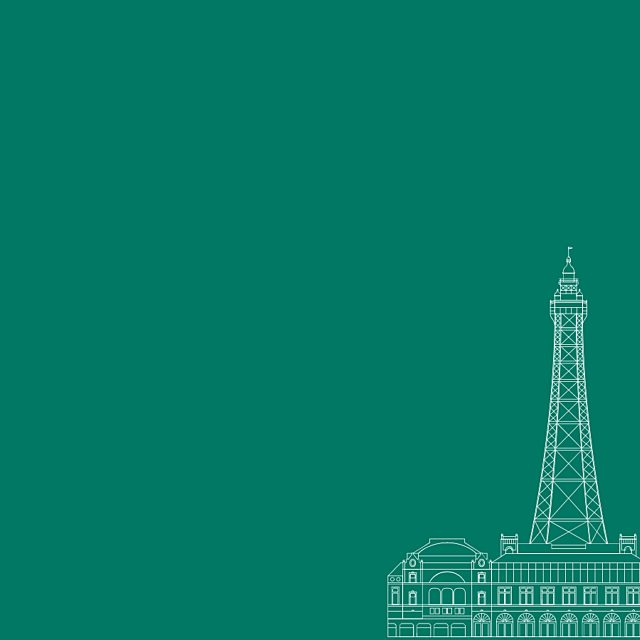By Tony Sharkey

The story of the 1919 Victory Ball disturbance is little known, and is one that Blackpool was happy to forget at the time.
The Blackpool Herald of 3 Jan 1919 announced a “Victory Ball” at the Tower, with the proceeds in aid of the Victoria Hospital. The ball was organised by a civilian committee, but the use of the word “Victory” was about to cause much offence and unrest.
Troops still billeted in town were unhappy with their living conditions and the slow pace of demobilisation. On 8 Jan hundreds of men gathered in Talbot Square to outline their grievances. There were offered a hearing with officers the following day. The Herald of 14 Jan reported that grievances had been addressed, and included the concession that the men need only be in their billets by 10pm instead of 9.30.
The Herald of 14 Jan also published a letter from one of the civilian organisers, Edward Leech of Carlton Terrace, in response to questions he had received surrounding the word “uniform” in the dress code for the ball. Mr Leech clarified that this meant “the dress of officers of His Majesty’s naval and military forces”.
The editorial of the same issue included an interview with Mr Leech in which he stated: “We had no idea that soldiers, other than officers, would wish to attend”. However, Mr Leech said he was now ready to back down and “extend a hearty welcome to all members of His Majesty’s forces”.
The publication of Mr Leech’s letter coincided with a meeting in town of the Comrades of the Great War, where the Leech letter was discussed and a strong protest made about the original stipulation that only officers could attend. It was claimed this was a “direct insult” and a “slur upon the men”, and that if the men could not attend it should not be called a “Victory Ball”.
On 17 Jan (day of the ball) the Herald brought reports of growing unrest. Although the dress stipulation had now been widened to any serving soldier, the offence had already been given. What was more, the Tommies could not afford fifteen shillings for a ticket. The Manchester papers were already reporting this as a “magnificent piece of snobbery that the men do not intend to take lying down”.
On the evening of the ball 300 men gathered in Talbot Square. They protested about the high ticket prices and the slur they considered had been made upon them. The resolution was carried to cheers and the men marched the short distance to the Tower.
Outside the Tower a wooden awning edged the footpath, with electric light bulbs and a new Wilton carpet in red and black. Security consisted of the Blackpool Chief Constable, his assistant, a handful of his men and Tower attendants.
Up to 8.30 a big crowd on the Promenade was content with watching, but the murmurings became more pointed after 9pm when all the guests had entered. Many of the Tommies had brought their girls with them. The mood was boisterous and there was a growing clamour. Some soldiers suggested a deputation to go inside. The Chief Constable sent inside the Tower for the Mayor, Lindsay Parkinson.
Outside there were catcalls, booing, yelling and pushing. The awning began to give way and lightbulbs to smash. One of the soldiers climbed on the bonnet of a car and exclaimed that he and others had bled for their King and country, and why should it be that only officers could attend the ball?
The Mayor came out from the ball. He appealed to the Tommies to be good citizens and said he understood why the men were so incensed. He explained that this was a ball organised by a “little community”, and he promised the men two Victory Balls free of charge. But it was too late.
In the meantime part of crowd had gone to the back of the Tower on Bank Hey Street, smashed a plate glass window and entered, unlocking an unguarded front entrance on their way to the ballroom. Up the stairs with their girls streamed men in khaki, past astonished guests and into the ballroom amid yells of excitement. By now it was 10.30 in the evening.
The dancers looked at the Tommies and the Tommies at the dancers. With objective of entry achieved, and unused to the finery of the ballroom, many of the men went up into the balconies to watch proceedings. During an interval between dances some of the Tommies began to call out “The Tower is free for me and my girl”, “You cannot have a victory without the Tommies”, “Come and see the men who have won the War for you”.
The Mayor came onto the floor to appeal for order. And bravely Mr Leech, the civilian organiser, stepped forward. He said he understood the letter he wrote to the paper had given great offence. He was speaking to soldiers, and hoped they would allow him the right of an Englishman: “I wrote the letter innocently believing that officers could not dance on the same floor as the men”. From the balconies there were catcalls of “Tell the truth”.
Mr Leech tried to redeem himself by explaining that he had been honorary secretary to the Kings Lancashire Military Convalescent Hospital without any charge. He had been Honorary Secretary to every hospital in Blackpool without any charge, and did they think he was such a fool as to insult any man whom he would give his life to defend?
The Mayor then asked the men to come and dance; some guests left, others stayed; some Tommies danced, others wandered the corridors and eventually many went off home deciding there was nothing very interesting in watching others dance. “Surely never was a more extraordinary and contrasting scene ever witnessed in Blackpool” was the Herald’s verdict.
Late in the evening a Captain came on stage. A rumour had gone around that some men had been arrested. This was not true, “We are not out to make trouble for the men tonight”. This was received with cheers. With no prosecutions Blackpool drew a line under what it considered an unfortunate incident. Perhaps one hundred years later we may now suggest this was the Tommies’ final victory?



